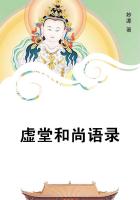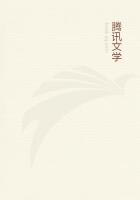Introductory In the present condition of Political Economy,the production of new dogmatic treatises on the subject does not appear to beopportune.There are many works,accessible to every one,in which,with more or less of variation in details,what is knownas the "orthodox"or "classical"system is expounded.But there exists in England and other countries widespreaddissatisfaction with that system,and much difference of opinion with respect both to the method and the doctrines ofEconomic Science.There is,in fact,good reason to believe that this department of social theory has entered on a transitionstage,and is destined ere long to undergo a considerable transformation.But the new body of thought which will replace,orat least profoundly modify,the old,has not yet been fully elaborated.The attitude of mind which these circumstances seemto prescribe is that of pause and retrospection.It is thought that our position will be rendered clearer and our furtherprogress facilitated by tracing historically,and from a general point of view,the course of speculation regarding economicphenomena,and contemplating the successive forms of opinion conceding them in relation to the periods at which they wererespectively evolved.And this is the task undertaken in the following pages.
Such a study is in harmony with the best intellectual tendencies of our age,which is,more than anything else,characterisedby the universal supremacy of the historical spirit.To such a degree has this spirit permeated all our modes of thinking,thatwith respect to every branch of knowledge,no less than with respect to every institution and every form of human activity,we almost instinctively ask,not merely what is its existing condition,but what were its earliest discoverable germs,and whathas been the course of its development?The assertion of J.B.Say (1)that the history of Political Economy is of little value,being for the most part a record of absurd and justly exploded opinions,belongs to a system of ideas already obsolete,andrequires at the present time no formal refutation.(2)It deserves notice only as reminding us that we must discriminatebetween history and antiquarianism:what from the first had no significance it is mere pedantry to study now.We needconcern ourselves only with those modes of thinking which have prevailed largely and seriously influenced practice in thepast,or in which we can discover the roots of the present and the future.
When we thus place ourselves at the point of view of history,it becomes unnecessary to discuss the definition of PoliticalEconomy,or to enlarge on its method,at the outset.It will suffice to conceive it as the theory of social wealth,or to acceptprovisionally Say's definition,which makes it the science of the production,distribution,and consumption of wealth.Anysupplementary ideas which require to be taken into account will be suggested in the progress of our survey,and thedetermination of the proper method of economic research will be treated as one of the principal results of the historicalevolution of the science.
The history of Political Economy must of course be distinguished from the economic history of mankind,or of any separateportion of our race.The study of the succession of economic facts themselves is one thing;the study of the succession oftheoretic ideas concerning the facts is another.And it is with the latter alone that we are here directly concerned.But thesetwo branches of research,though distinct,yet stand in the closest relation to each other.The rise and the form of economicdoctrines have been largely conditioned by the practical situation,needs,and tendencies of the corresponding epochs.Witheach important social change new economic questions have presented themselves;and the theories prevailing in each periodhave owed much of their influence to the fact that they seemed to offer solutions of the urgent problems of the age.Again,every thinker,however in some respects he may stand above or before his contemporaries,is yet a child of his time,andcannot be isolated from the social medium in which he lives and moves.He will necessarily be affected by the circumstanceswhich surround him,and in particular by the practical exigencies of which his fellows feel the strain.This connection oftheory with practice haS its advantages and its dangers.It tends to give a real and positive character to theoretic inquiry;butit may also be expected to produce exaggerations in 'doctrine,to lend undue prominence to particular sides of the truth,andto cause transitory situations or temporary expedients to be regarded as universally normal conditions.

